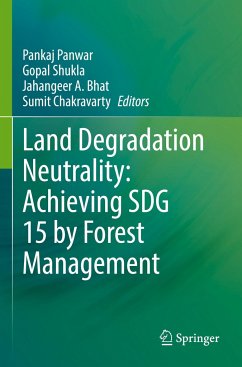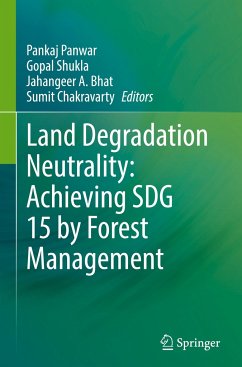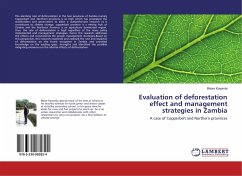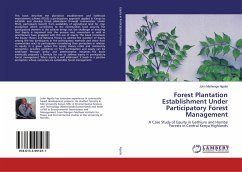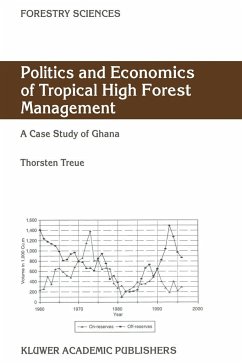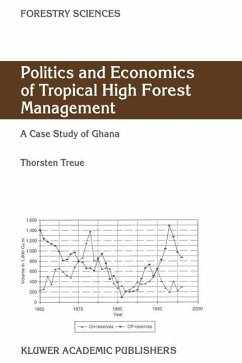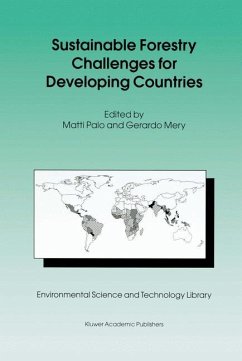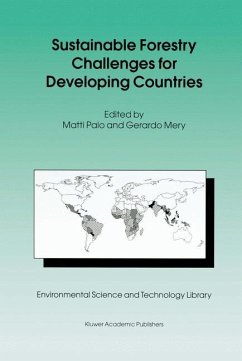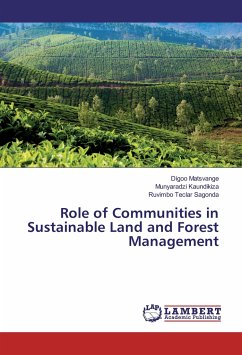
Role of Communities in Sustainable Land and Forest Management
Versandkostenfrei!
Versandfertig in 6-10 Tagen
24,99 €
inkl. MwSt.

PAYBACK Punkte
12 °P sammeln!
Forest benefit analysis is vital in ensuring sustainable community based natural resources management. Forest depletion and degradation are key issues in rural Zimbabwe and strategies to enhance sustainable forest management are continually sought. This paper presents a study carried out to assess the impact of forests on communities from Nyanga, Guruve and Zvimba districts of Zimbabwe. It focuses on identifying replicable community forest and land management strategies and level of benefits accruing to the community. Analysis of change was based on the Income and Food Security and Forest bene...
Forest benefit analysis is vital in ensuring sustainable community based natural resources management. Forest depletion and degradation are key issues in rural Zimbabwe and strategies to enhance sustainable forest management are continually sought. This paper presents a study carried out to assess the impact of forests on communities from Nyanga, Guruve and Zvimba districts of Zimbabwe. It focuses on identifying replicable community forest and land management strategies and level of benefits accruing to the community. Analysis of change was based on the Income and Food Security and Forest benefits, which also constitute the tools used during the research. The study confirms high rate of deforestation and increased realisation by communities to initiate measures aimed at protecting and sustaining forest and land resources from which they derive economic and social benefits. The results highlight the value of community structures (Farmer field schools (FFS) and Environmental ActionGroups (EAG)) as conduits for natural resource management. The inter-connectivity among forests, agricultural systems and the integral role of people are recognized as key for climate change adaptation.



